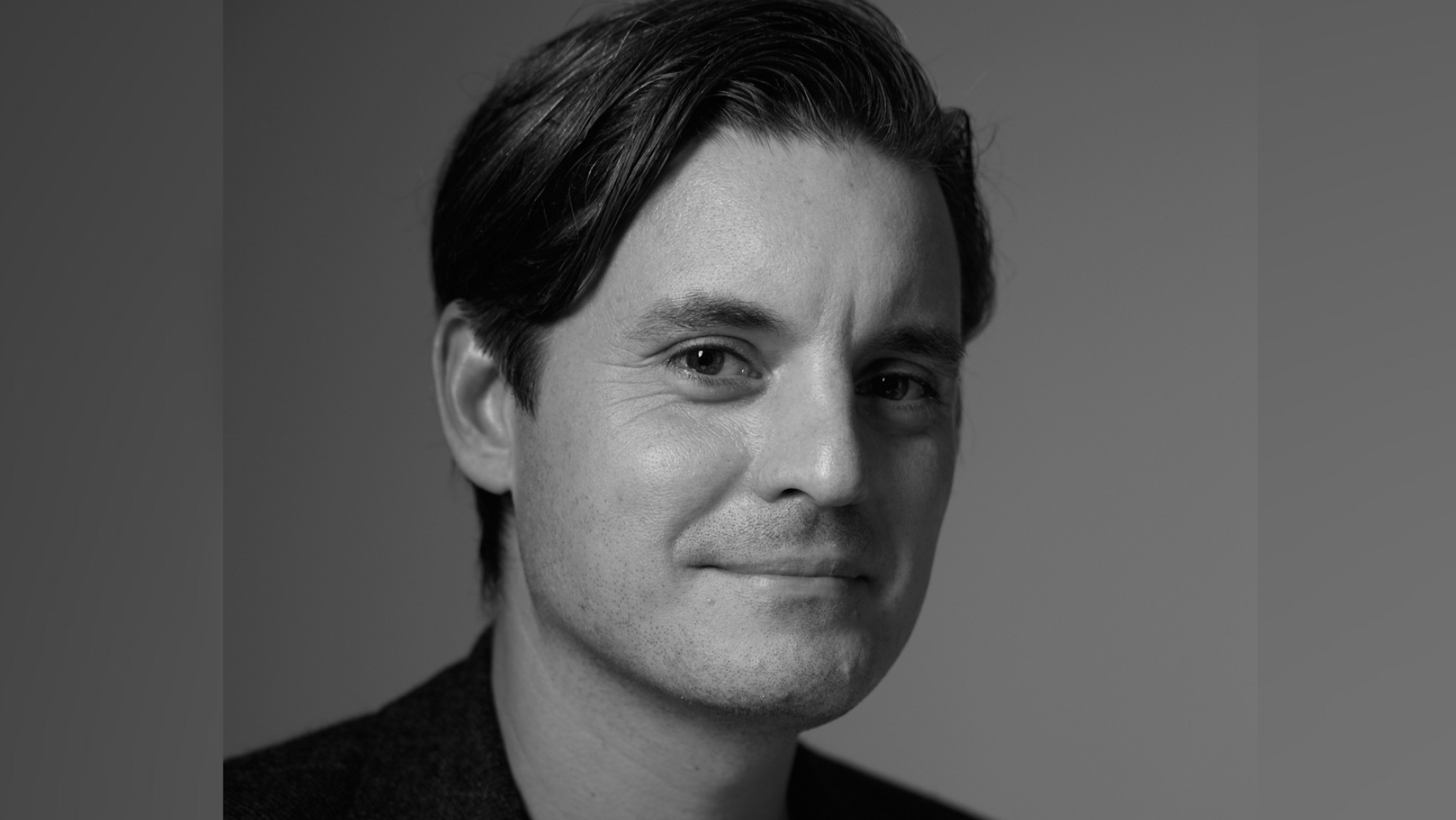
Planning for the Best: Tim Mottau Says Strategy Is a Creative Dialogue

Tim Mottau is an experienced and award-winning brand and creative strategist, with a deep curiosity and passion for innovation. His career has spanned both Australia and the U.S., where he has worked with some of the world’s most iconic brands. And now he joins Saatchi & Saatchi Australia as the new head of strategy.
Tim is a firm believer in driving impact through culture and uncovering rich insights to build meaningful human connections. Whether drawing inspiration from pop culture, academic journals, or data-driven analysis, he is dedicated to finding unexpected solutions to complex business challenges.
LBB> What do you think is the difference between a strategist and a planner? Is there one?
Tim> I’ve heard some good arguments that suggest a planner takes a more on the ground approach, while a strategist takes a 30,000 foot view. But for me, I don’t think a title really defines what we do. Our roles are super varied, which means we need to be fluid with a set of different skills and shape our approach around whatever the task is that needs to be done.
LBB> And which description do you think suits the way you work best?
Tim> It depends on the day. I’m definitely a big picture person, but I also like to get amongst it. There’s only so much time I can spend in the clouds before I need to know what that looks like when the rubber hits the road.
LBB> We’re used to hearing about the best creative advertising campaigns, but what’s your favourite historic campaign from a strategic perspective? One that you feels demonstrates great strategy.
Tim> Without going too far back into the annals of history, it’s hard for me to go past Tide’s work in the Super Bowl in 2017 and 2018 (or LII and LIII, depending on how you remember them) – 'Bradshaw Stain' and 'It’s a Tide Ad'. These ads elevated Tide among competitors awash with promises of ‘whiter whites and brighter brights’ by giving the brand a heroic role and hijacking culture during the ‘most advertising time’ of the year. Knowing how hard it is to capture people’s attention for longer than your allocated airtime, the fact Tide did it with two certified bangers back-to-back is remarkable.
LBB> When you’re turning a business brief into something that can inform an inspiring creative campaign, do you find the most useful resource to draw on.
Tim> I’ve found that inspiration can come from almost anywhere. An observation, data point, piece of research, journal article, something dug up from the recesses of the internet, a rogue comment in a focus group, or by lapping up popular culture. I could go on; the list is practically endless. As a strategist, you need to be a sponge. You never know what’s going to unlock a thought for you.
LBB> What part of your job/the strategic process do you enjoy the most?
Tim> The invisible parts. Obviously, there’s a formal strategic process – the briefs and the decks, the research and the insights, but I also enjoy doing the things that nobody sees. Bringing additional rigour behind the scenes and having those extra conversations that might help us take the work from good to great. And, of course, the outcome. I still get goosebumps from an amazing creative idea.
LBB> What strategic maxims, frameworks or principles do you find yourself going back to over and over again? Why are they so useful?
“Go to the roots.” Sometimes we get the privilege to work on some pretty storied brands for a moment in time. In these cases, I’m always conscious that there’s a lot to be gained from digging into where the brand has come from as we sow the seeds for what’s next.
LBB> What sort of creatives do you like to work with? As a strategist what do you want them to do with the information you give them?
Tim> Creatives that put pressure on the brief and are generous in sharing their thoughts – raw and unfiltered. I want them to ask the tough questions, push back and seek clarification, in the same way I hope they would expect the same from me. I love the conversations we have around a brief.. All the best work I’ve been a part of has come from a solid interrogation of the brief and then maintaining an ongoing dialogue around the work.
LBB> There’s a negative stereotype about strategy being used to validate creative ideas, rather than as a resource to inform them and make sure they’re effective. How do you make sure the agency gets this the right way round?
Tim> I’ve been fortunate to work at places and with people who value and welcome strategic voices in the tent throughout the ideation process. But it’s not something I take for granted, so I want to make sure we’re always bringing more to the table and are tireless in our service of the work. This is something that I’ve already seen is already in motion at Saatchi & Saatchi, and I’m enjoying getting in amongst it.
LBB> What have you found to be the most important consideration in recruiting and nurturing strategic talent?
Tim> You don’t often find exactly what you’re looking for on paper. I think that’s just as true of us as people as it is of what we do. There’s no defined path to strategy and every planner or strategist is different. It’s important that we have diverse and complementary perspectives around the table, and to nurture an environment where they can thrive.
LBB> In recent years it seems like effectiveness awards have grown in prestige and agencies have paid more attention to them. How do you think this has impacted on how strategists work and how their perceived?
Tim> It’s hard to argue that this is anything other than a good thing for strategists, their agencies, clients and the industry. It just reinforces the need to double-down on having alignment and clarity around goals and KPIs from the outset and then ensuring we remain laser focused with our ambition. I hope this grows our reputation as both an ally for driving business growth and champions of impactful creative work.
LBB> Do you have any frustrations with planning/strategy as a discipline?
Tim> Not so much a frustration as a watch-out. It’s become and is getting even easier to defer to desk research and theory without stepping outside. There’s nothing quite like first-hand experience or getting out into the real world and observing how people interact with brands and products in their daily lives.
LBB> What advice would you give to anyone considering a career as a strategist/planner?
Tim> Embrace an improv mindset. Not only does it encourage active listening and sparks of divergent thinking, it also trains us to embrace uncertainty and think on our feet.















